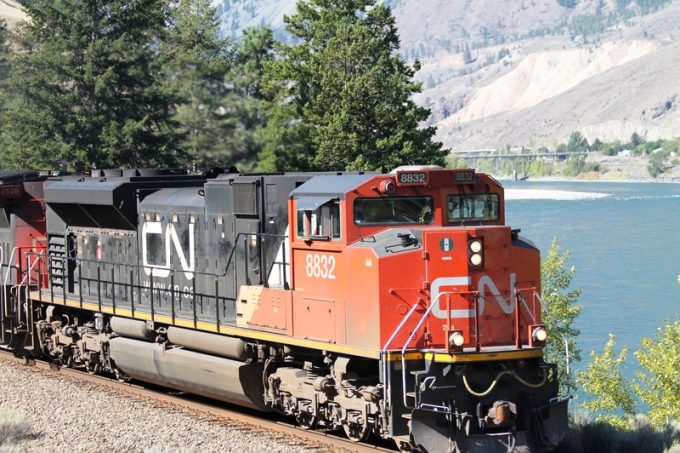CSX announces Q1 25 results
CSX Corp yesterday announced Q1 25 results. Key bullet points: – First quarter 2025 operating income of ...

As the North American model of railroading comes under increased regulatory scrutiny, forwarders are making their own call for change to precision scheduling.
Last month, US legislators tabled their fourth bill since the February derailment of a Norfolk Southern train forced the evacuation of residents over ...

Comment on this article